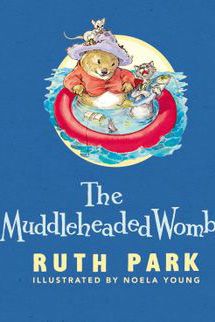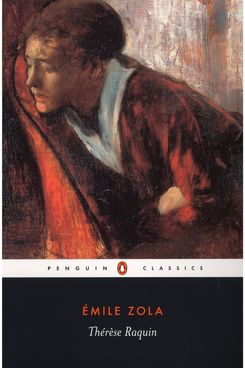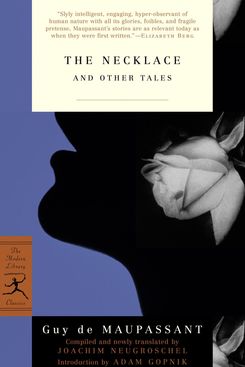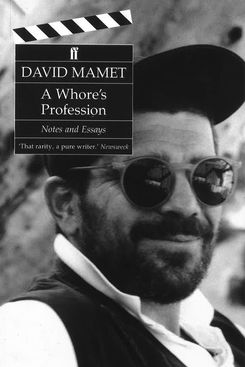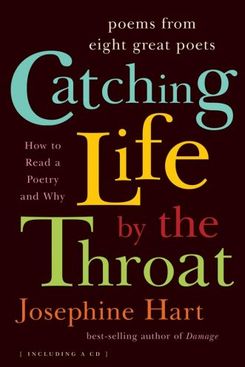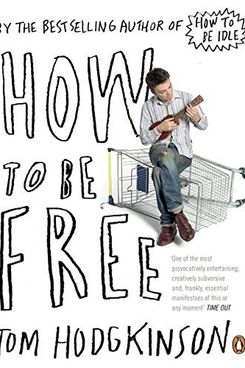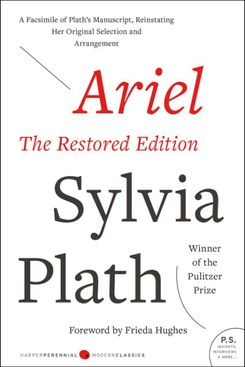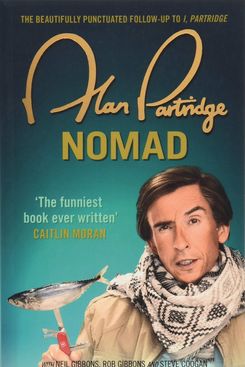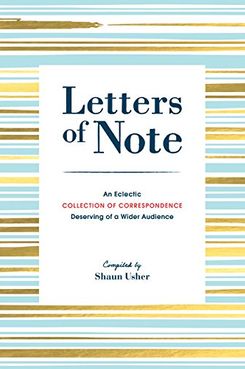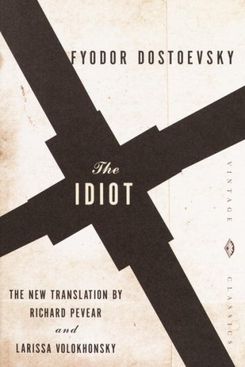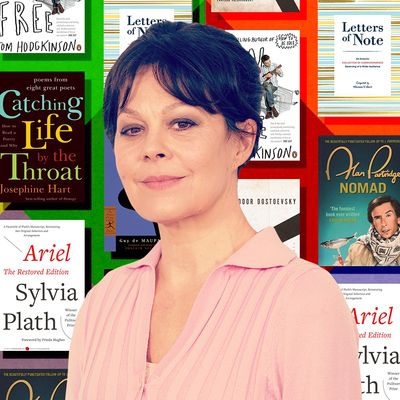
Bookseller One Grand Books has asked celebrities to name the ten titles they’d take to a desert island, and it’s shared the results with Vulture. Today, actor Helen McCrory shares her list. “Both of my parents are bookworms, and even though my dad was a diplomat, and we moved from place to place, the two things we took everywhere with us were paintings and books,” she says. “I’m appalled to say I do not like a Kindle or an audiobook; I like a book.”
This was the first in a series of books that feature a mouse, a vain cat, and a wombat. Everything the wombat says is nonsense (“Oh wonderful, fish — my favorite fruit.”), and it made me howl with laughter as a kid. I was brought up in East Africa, and was at school with all the international kids. We’d all been given our copies of A.A.Milne and Dr. Seuss, but people know those books. The Muddleheaded Wombat deserves a place among them.
I left Africa and childish things, and went to live in Paris, where Thérèse Raquin kept me on the straight and narrow. Read at an impressionable age, it’s a very important moral life lesson about guilt and consequences — without ever having to stick your finger into the pit of hell itself. At the time I was going to the American Library, and looking at the handsome boys who didn’t know I existed because I was a little chubby teenager. The descriptions of Thérèse sitting there with Laurent, playing dominoes in their house above the shop, and that burning desire for somebody rang very true for a little plump 14-year-old on the banks of the Seine.
I tell these as good-night stories to my children when we are on the train, or going somewhere at night. “The Necklace,” is particularly wonderful. I bought these at Shakespeare & Co., where they always had contemporary writers staying above the shop, and they’d solicit recommendations from them. This was one of them. It’s interesting what sticks with you. I read many classics as a child, but these are the ones that linger.
I went to a college called the Drama Center, where we had nine main philosophies and were trained in all of them, but I still remember Mamet: “Nothing will sway me, nothing will go without me, nothing will stop me achieving what I have sworn to achieve; the repetition of this will teach in life that action is better than inaction, bravery better than cowardice, truth better than lies. Without this you add to the loneliness of an audience’s life, you add to their sadness.” I still read his books, but it’s all in this compilation.
Hart was a wonderful novelist — she wrote Damage, which has been made into a film, but also Sin and Oblivion — but she used to host these wonderful poetry evenings, and we’d all come and read for her at the library. First, she’d talk, without notes, for about 45 minutes about an author. She was never dry or academic, and would find ways to humanize her subjects.
I tend not to read anyone unless they’ve been buried, but this is a book that reminds us of the most important value: “You are not a consumer, you are a creative person.” As someone who was bought up in Africa with no advertising at all, I find it striking how relaxed my attitude is compared to lots of people brought up in the Western world. How to Be Free is a joyful call to arms to care less about materialism: “Learn how to whistle, throw your watch away, forget career, spend a summer reading books.”
Like every teenager, I read The Bell Jar, totally associating with the heroine, of course, which is what we all do at the age of 15. When I’ve played Medea, or roles of that kind, I return to Plath.
This is the second novel by Steve Coogan, best known by his comic alter ego Alan Partridge, and it’s brilliant. As you read it, you realize Partridge is having a nervous breakdown, but not acknowledging it. He’s pure Chekhov, the idiot’s clown, the comic-tragic figure. It’s the kind of book you don’t want to finish too soon. It’s brilliantly badly written — it’s every teenage essay you hoped you didn’t write. He makes me smile every time.
I read these out loud quite often. The letters are gathered from such a diverse range of people, from Steve Martin to Napoleon, and David Bowie to Mary, Queen of Scots — in this case on the night of her execution. There are love letters, letters of state, there’s a particularly funny one from a British ambassador to Moscow. They are tiny chinks of light into all these different lives, from Charlie Chaplin to Hitler. Each letter is reproduced as a facsimile of the original.
I’ve read a lot of Tolstoy and Dostoevsky and Chekhov, but I loved this for Prince Lev Nikolayevich Myshkin, who is so disarmingly pure. I loved his descriptions of how he saw the world, and how he saw life, and was so surprised and delighted by the fact that it makes you giggle.


